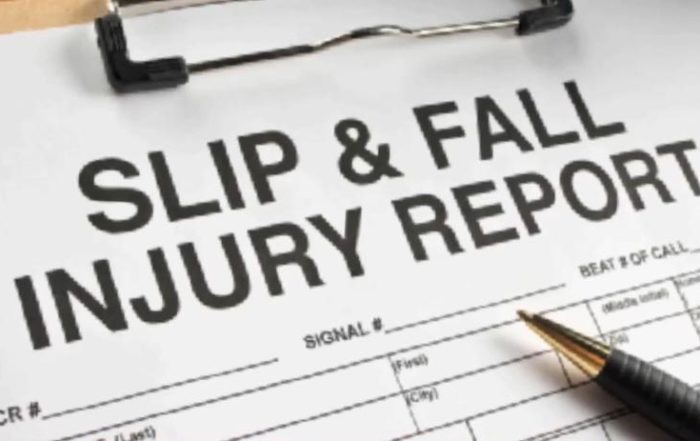Workers’ Compensation Guide
Regardless of the type of work you do, there is a chance that you will be injured on the job. Being injured while at work or carrying out a work-related task, may entitle you, and even your loved ones, to benefits and financial compensation under Pennsylvania workers’ compensation law.
Mr. Monaghan was a very helpful and supportive attorney who exhibited a professional and organized firm. He was wonderful and now my worries are gone. The process was smooth and my stress level has decreased. I highly recommend anyone to use Mr. Monaghan as an attorney to help with their needs.
I would recommend Attorney Monaghan to anyone seeking excellent legal representation. He was very informative and eased any anxiety I was having with the process. His assistant Linda is a great part of his team. He was always available for questions whenever I had them. Perfect 10.
Extremely knowledgeable and professional. Jim ensured that I was well informed and supported at each step. Excellent communication and correspondence throughout the process. I felt very safe being represented by Jim.
Jim was very helpful with my workers’ comp case. He really sped up the process in which the insurance company needed to do. Also, he has a calming, reassuring aspect of his character that honestly I wish all lawyers would have.
Jim was awesome! Very patient and kept me informed of everything that was going and what was going to happen. I would recommend him to anyone who needs lawyer services.




